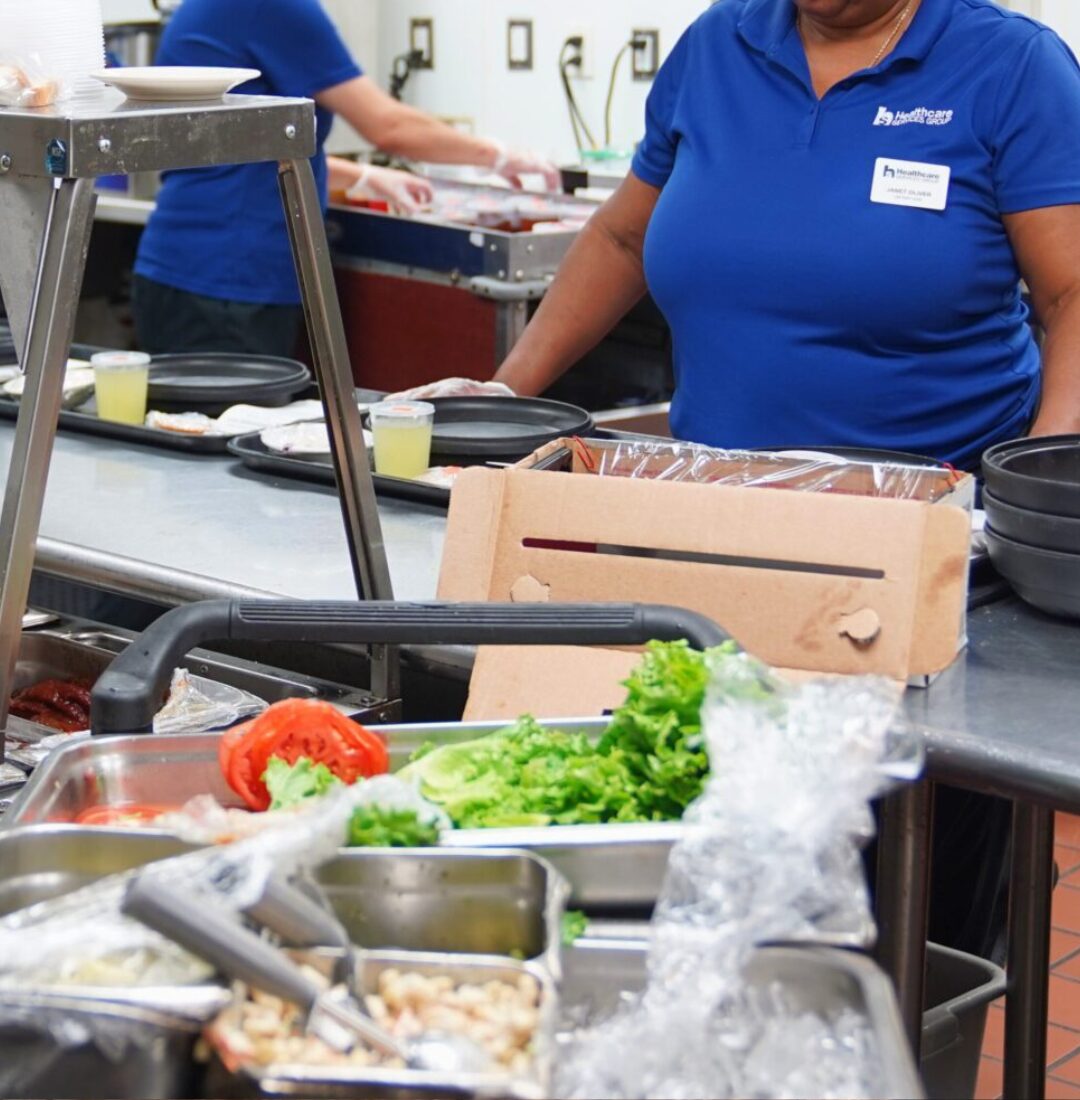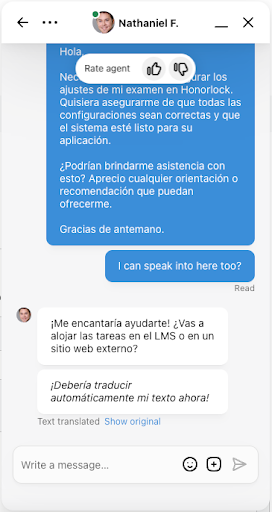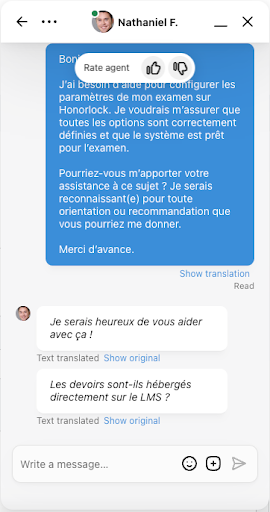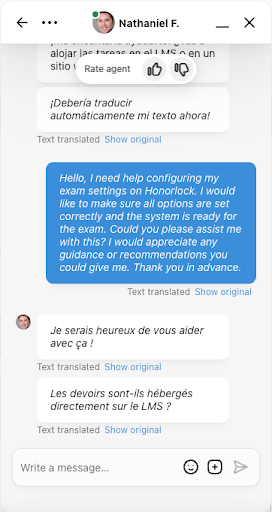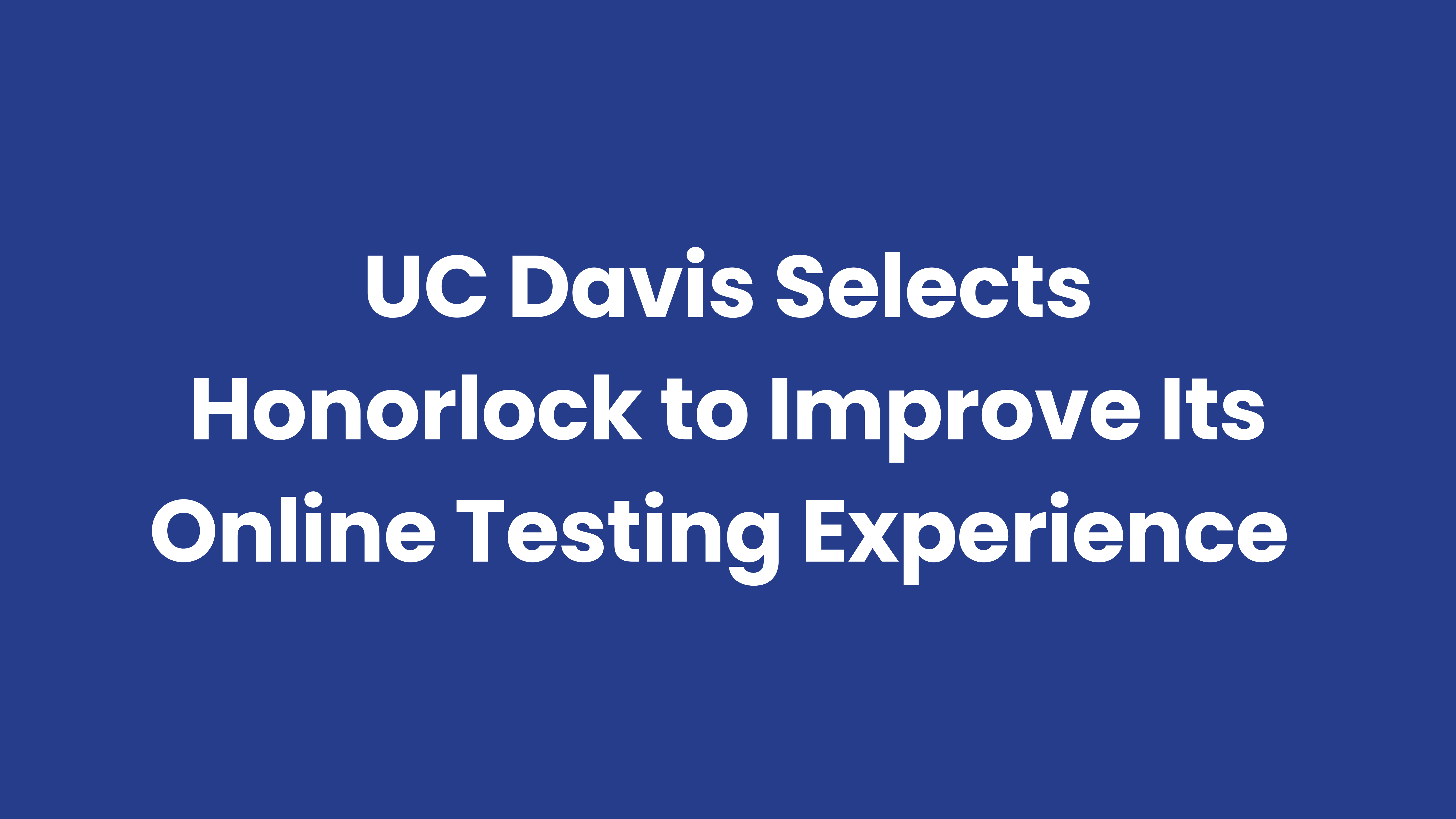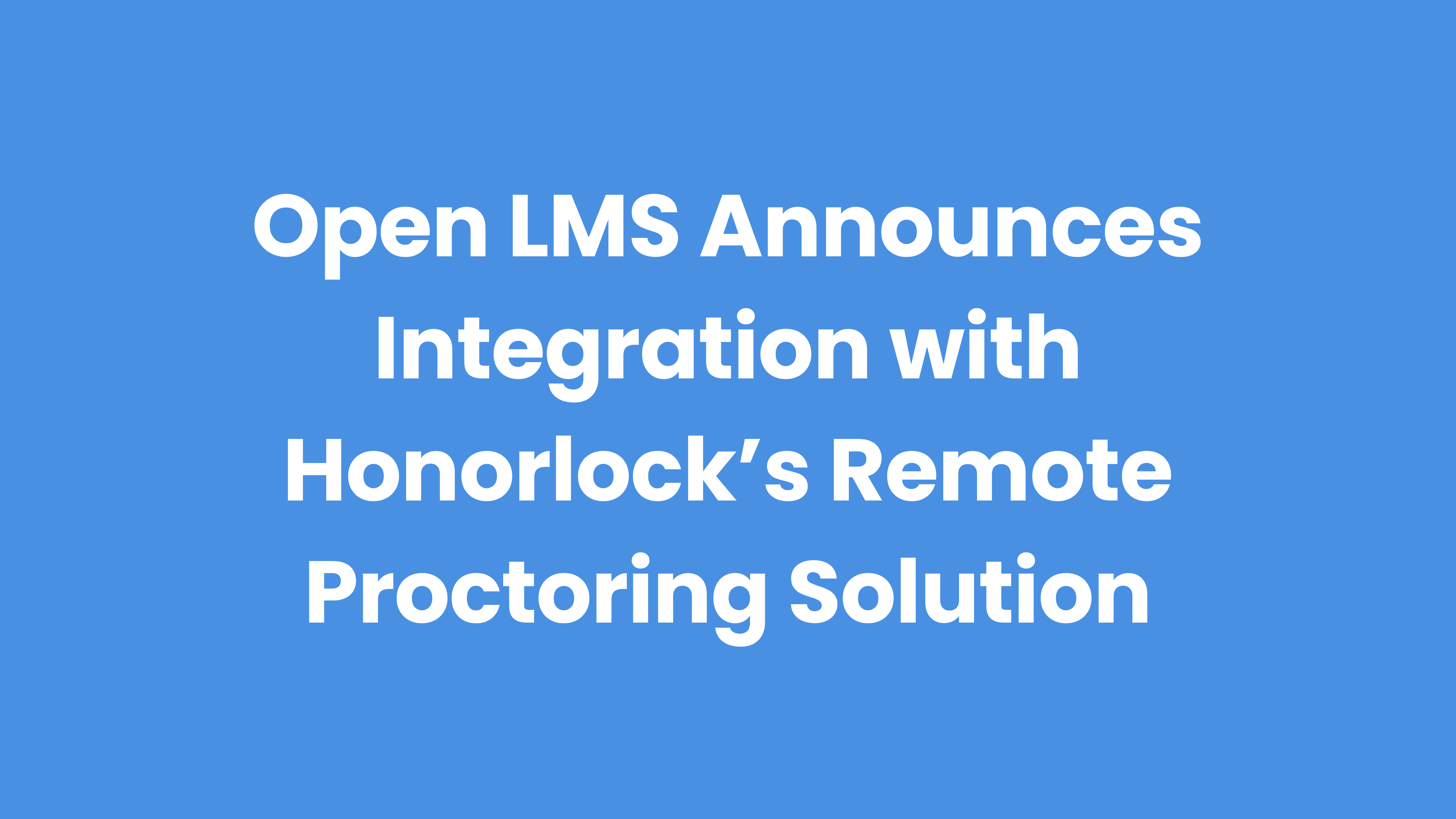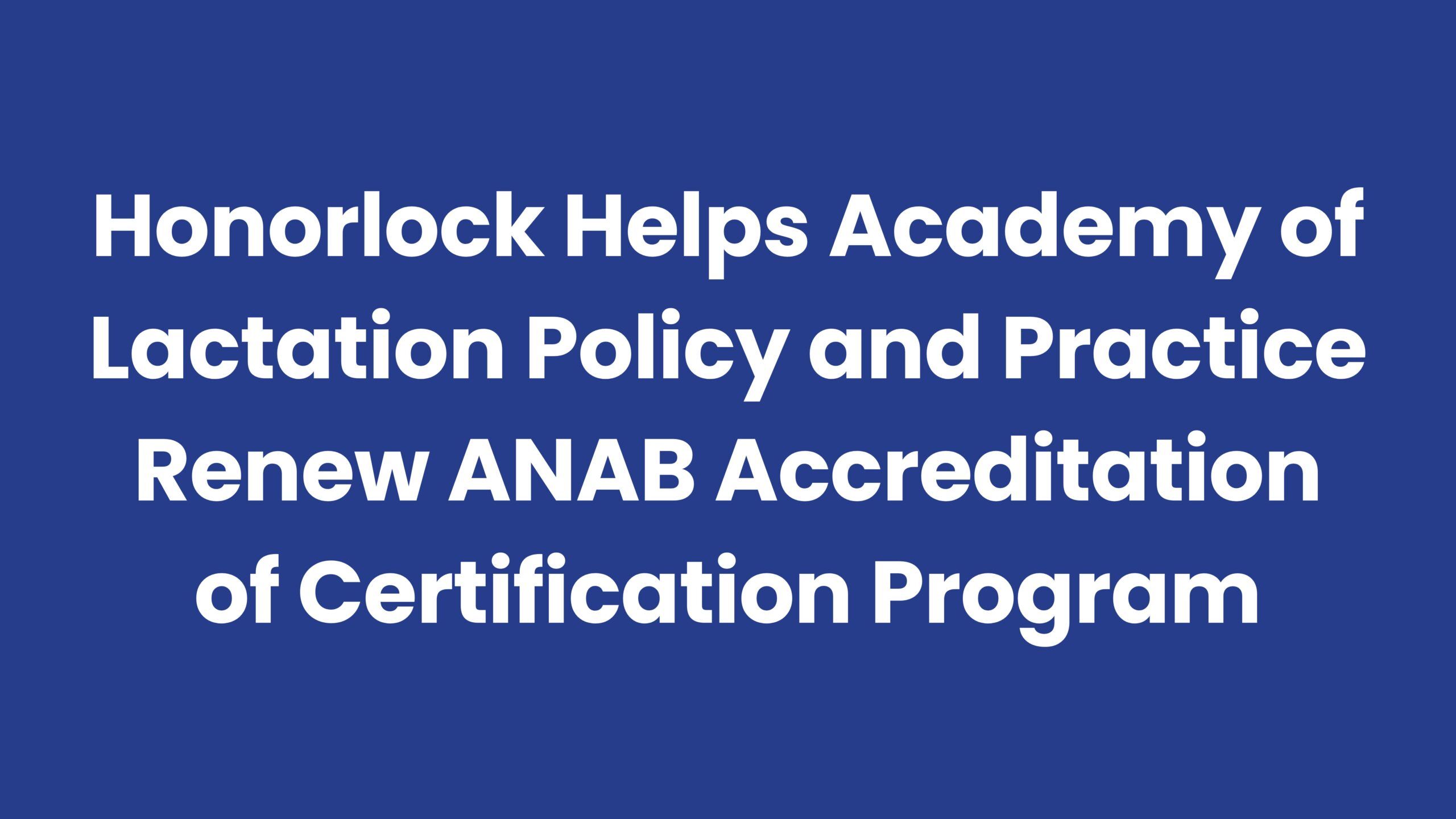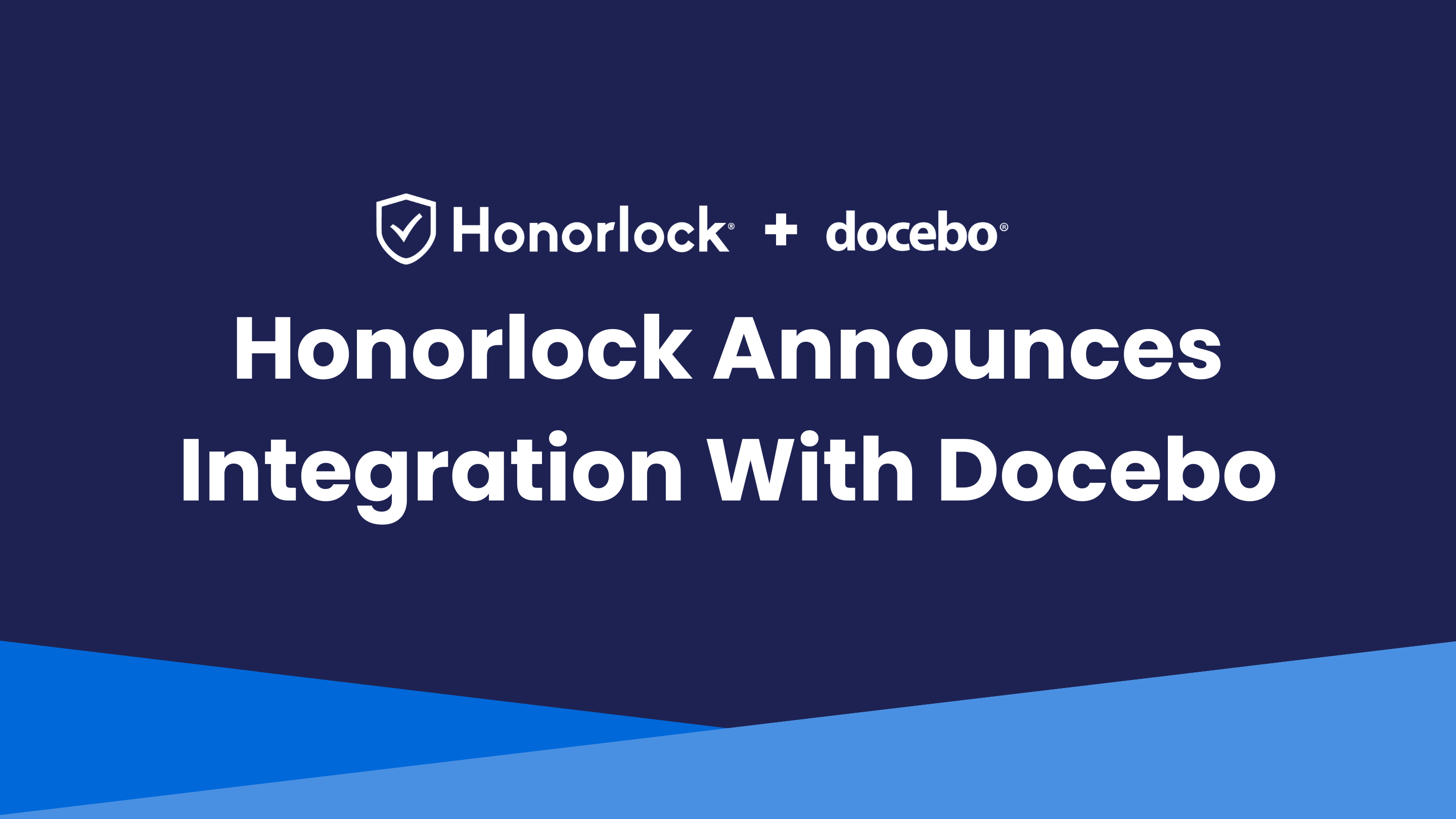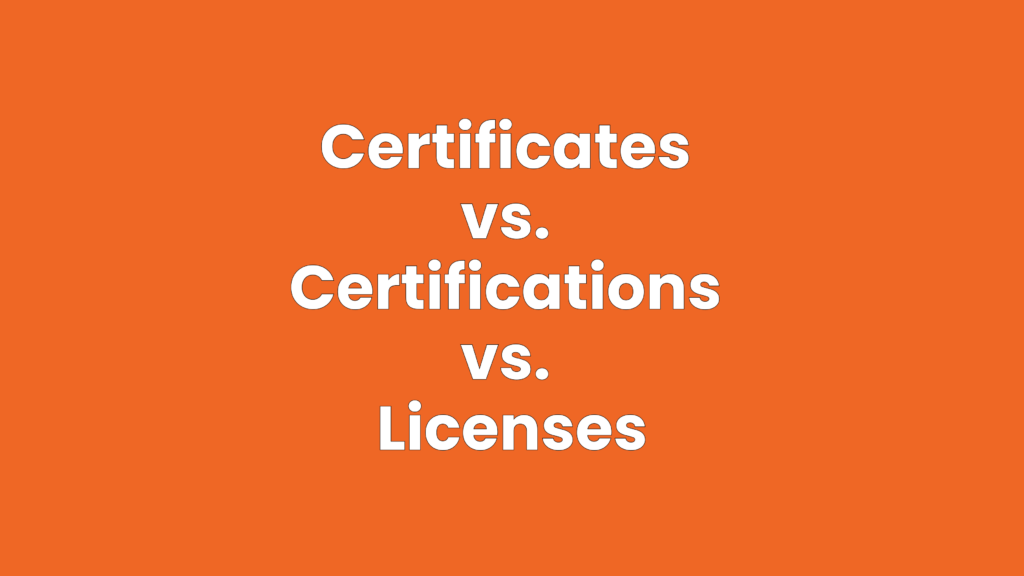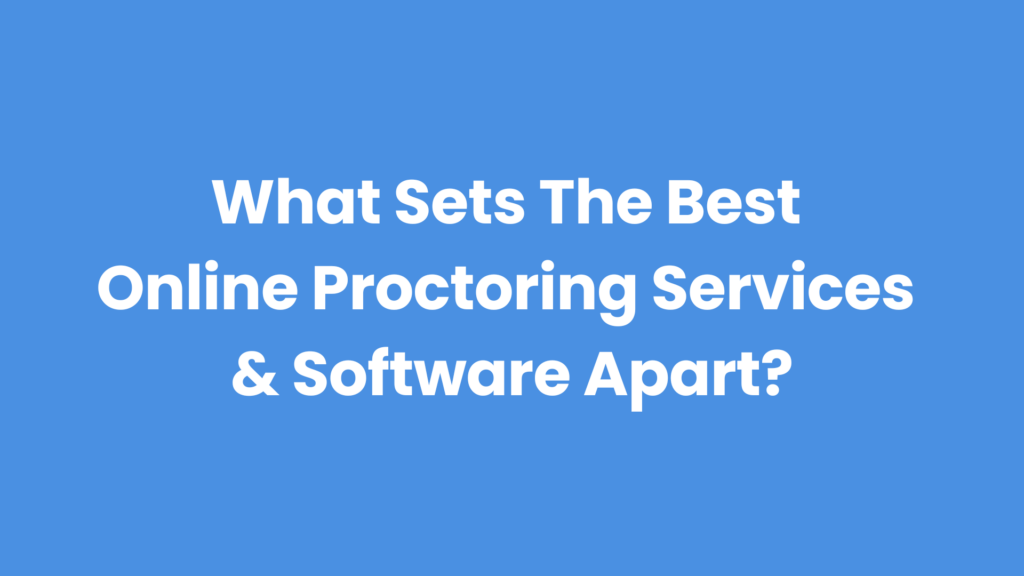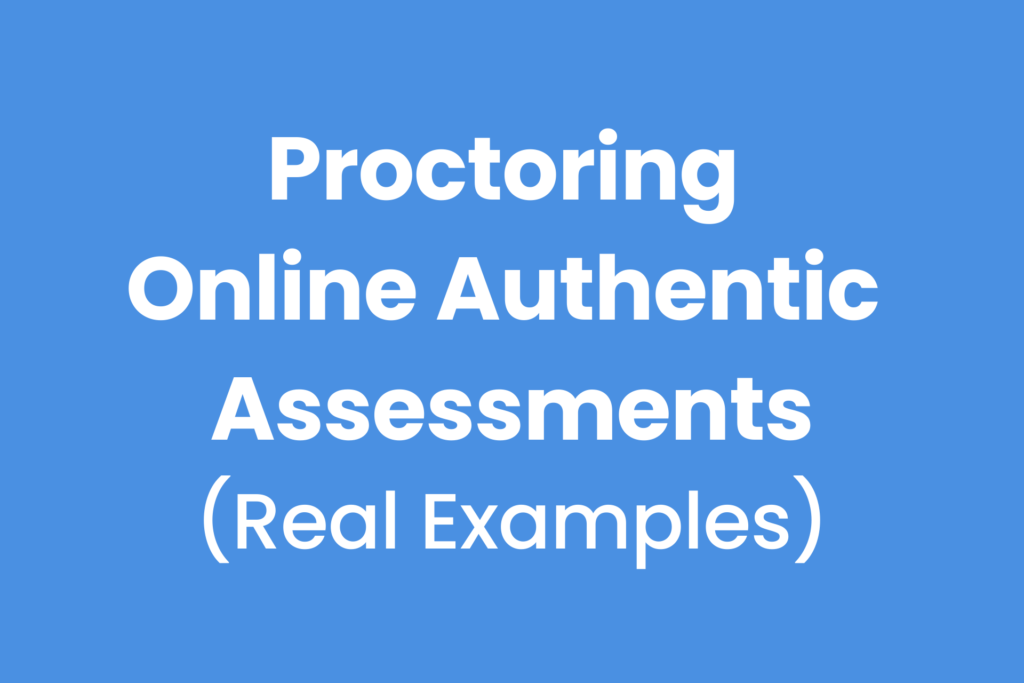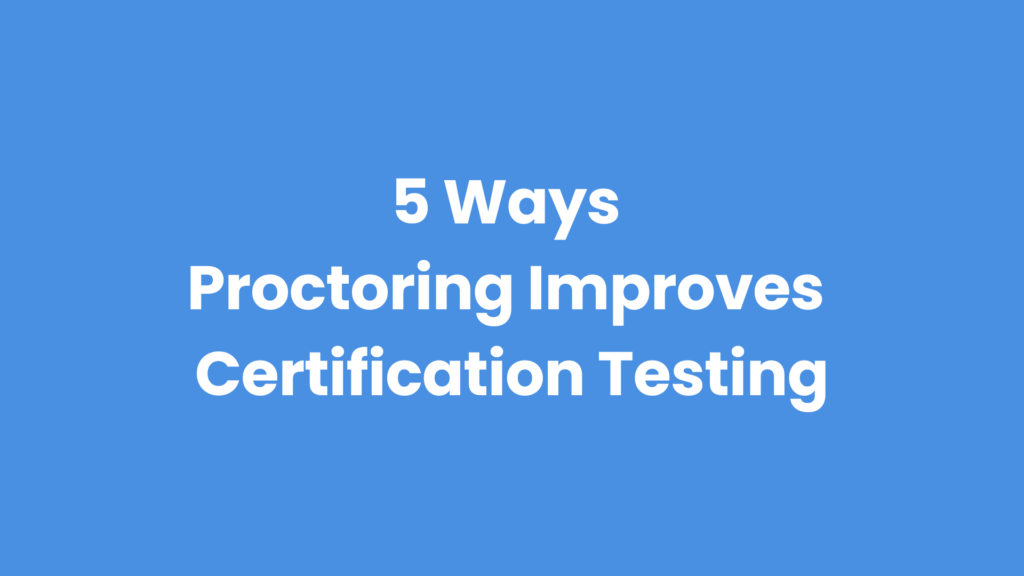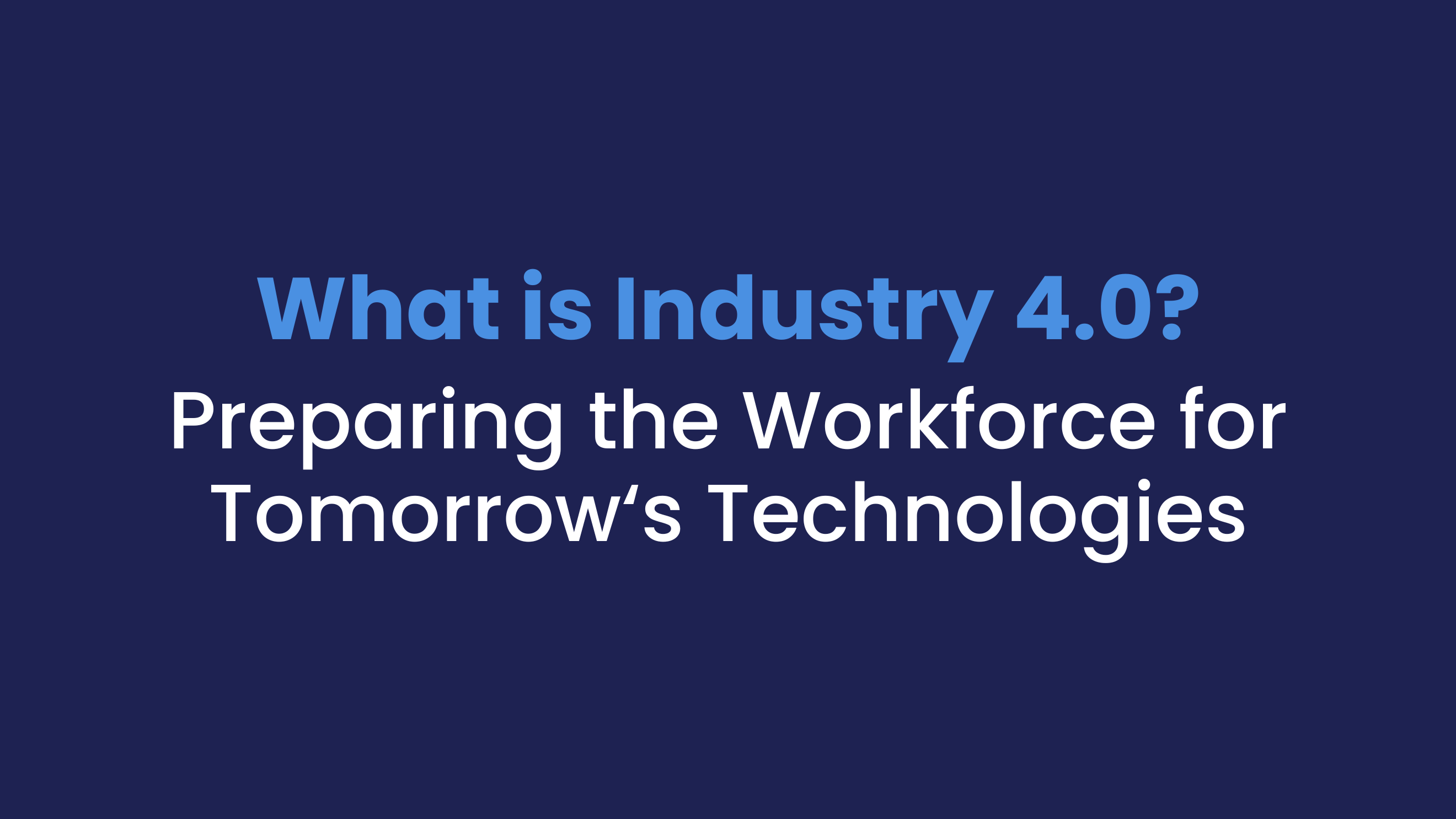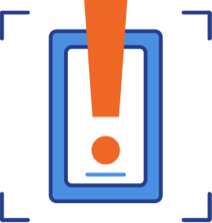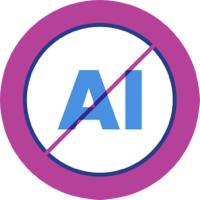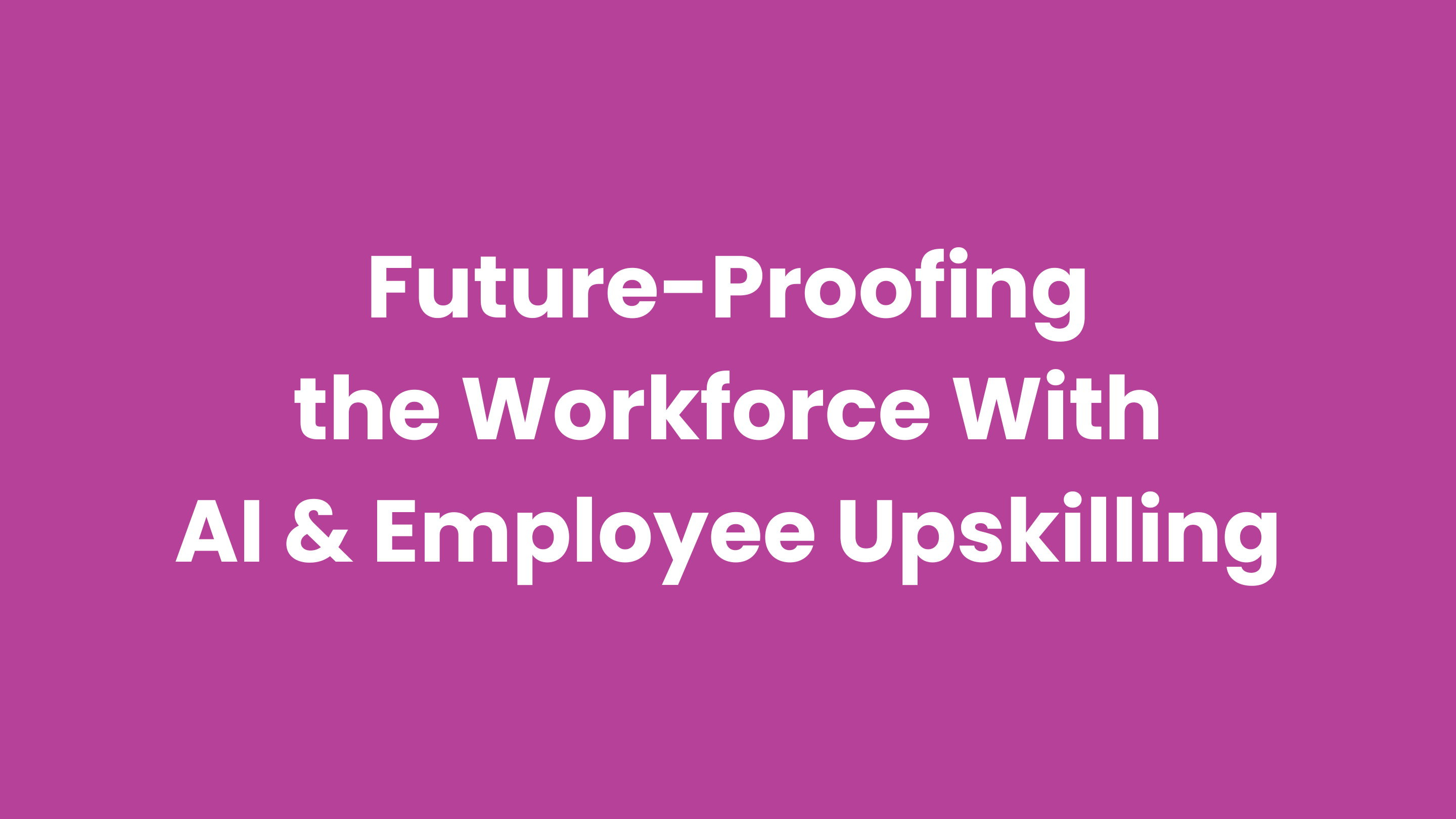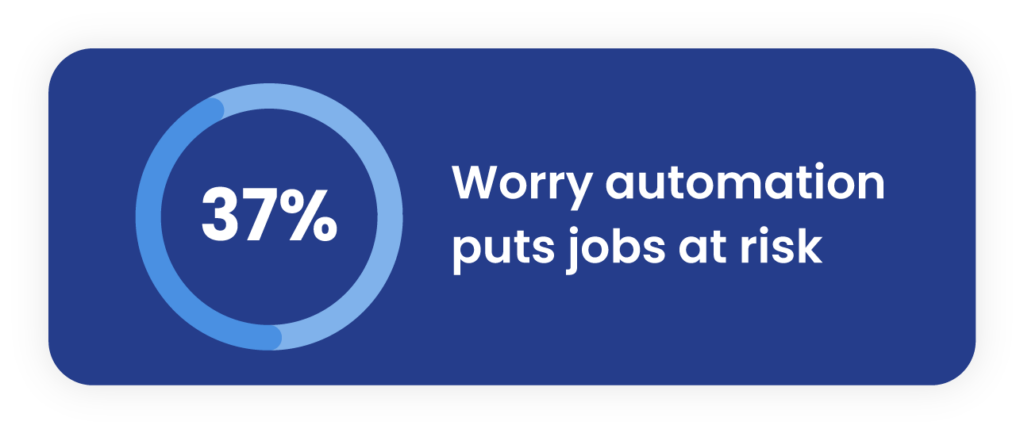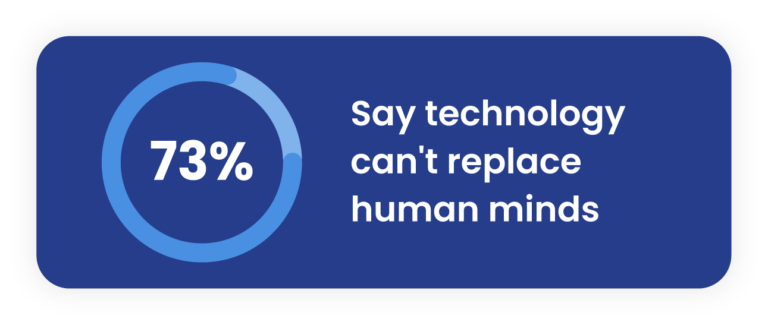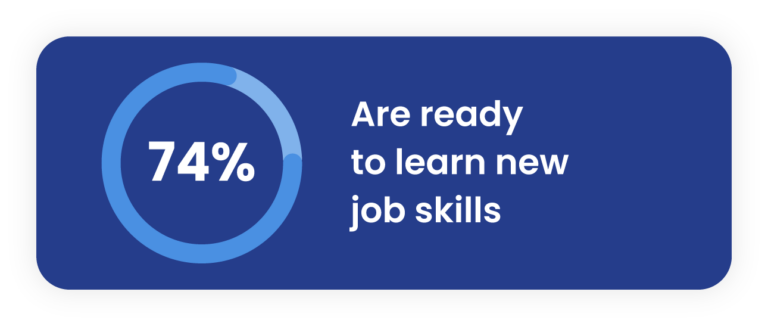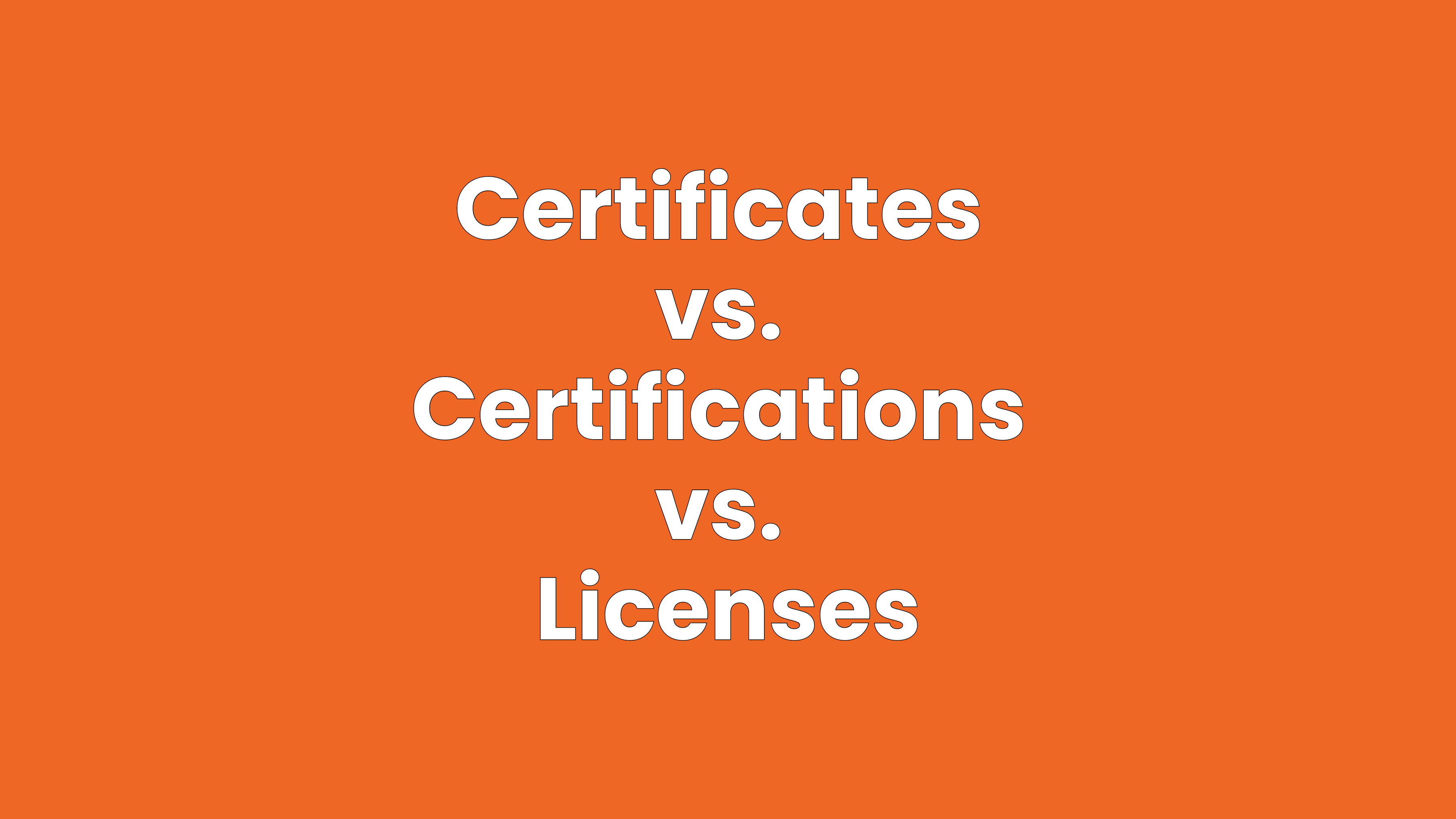
Challenge
As a global leader in enterprise learning technology, Docebo delivers high-impact training to employees, customers, and partners through its AI-powered learning platform. A key part of that effort is Docebo University (DU), an education hub that helps customers become experts in building, launching, and growing their own customer education programs.
Key Results
✅ Same-day, productized integration
✅ $50K+ annual time savings
✅ 45,000+ learners supported
✅ No coding, no learner disruption
✅ Elevated certification experience
To protect the integrity of its Docebo Pro Certification program, DU needed a reliable and scalable proctoring solution. The experience with their previous provider was cumbersome and time-consuming. Implementation required 16 weeks of complex configuration, and ultimately the DoceboU team resorted to manually proctoring exams—consuming approximately 20 hours of administrative time per week and providing a less-than-ideal experience for learners.
Solution
Docebo turned to Honorlock to partner on a proctoring solution that would directly integrate within the Docebo platform. The result was a same-day, plug-and-play setup—no custom coding, no messy configurations, and no disruption to users.
With Honorlock, proctoring became seamless for both learners and administrators. Test takers could access their certification exams without additional logins or instructions, while the DU team benefited from minimal oversight requirements. Honorlock’s AI-powered in-browser technology, combined with its live proctors, ensured exam integrity with a user-friendly experience.
Results
DU now serves over 45,000 learners, offering streamlined certification exams without the operational drag of their previous proctoring solution. Administrative hours dedicated to proctoring dropped significantly, resulting in over $50,000 in annualized savings. The simplified workflow allowed the DU team to focus on improving educational content and engagement rather than managing proctoring logistics.
With Honorlock, DU dramatically reduced the operational overhead of managing exams and delivered a better experience for its rapidly growing learner base.

DU now serves over 45,000 learners, offering streamlined certification exams without the operational drag of their previous proctoring solution. Administrative hours dedicated to proctoring dropped significantly, resulting in over $50,000 in annualized savings. The simplified workflow allowed the DU team to focus on improving educational content and engagement rather than managing proctoring logistics.
With Honorlock, DU dramatically reduced the operational overhead of managing exams and delivered a better experience for its rapidly growing learner base.
- $50,000+ in annual administration savings
- 20+ administration hours per week reallocated to high-value work
- Scaled to support 45,000+ learners
- Improved learner satisfaction and reduced support requests
- Certification scale and integrity are fully protected

“Partnering with Honorlock was a game-changer for Docebo University. We not only freed up our team’s time, but we also elevated the certification experience for the 45,000 learners we serve. Honorlock helped us deliver on our commitment to continuously improve the customer experience while scaling with confidence.” — Melissa Kruminas, Senior Director of Learning, Docebo
With the Honorlock integration, Docebo is empowering its customers to build trusted, high-impact education programs—starting with their own.





